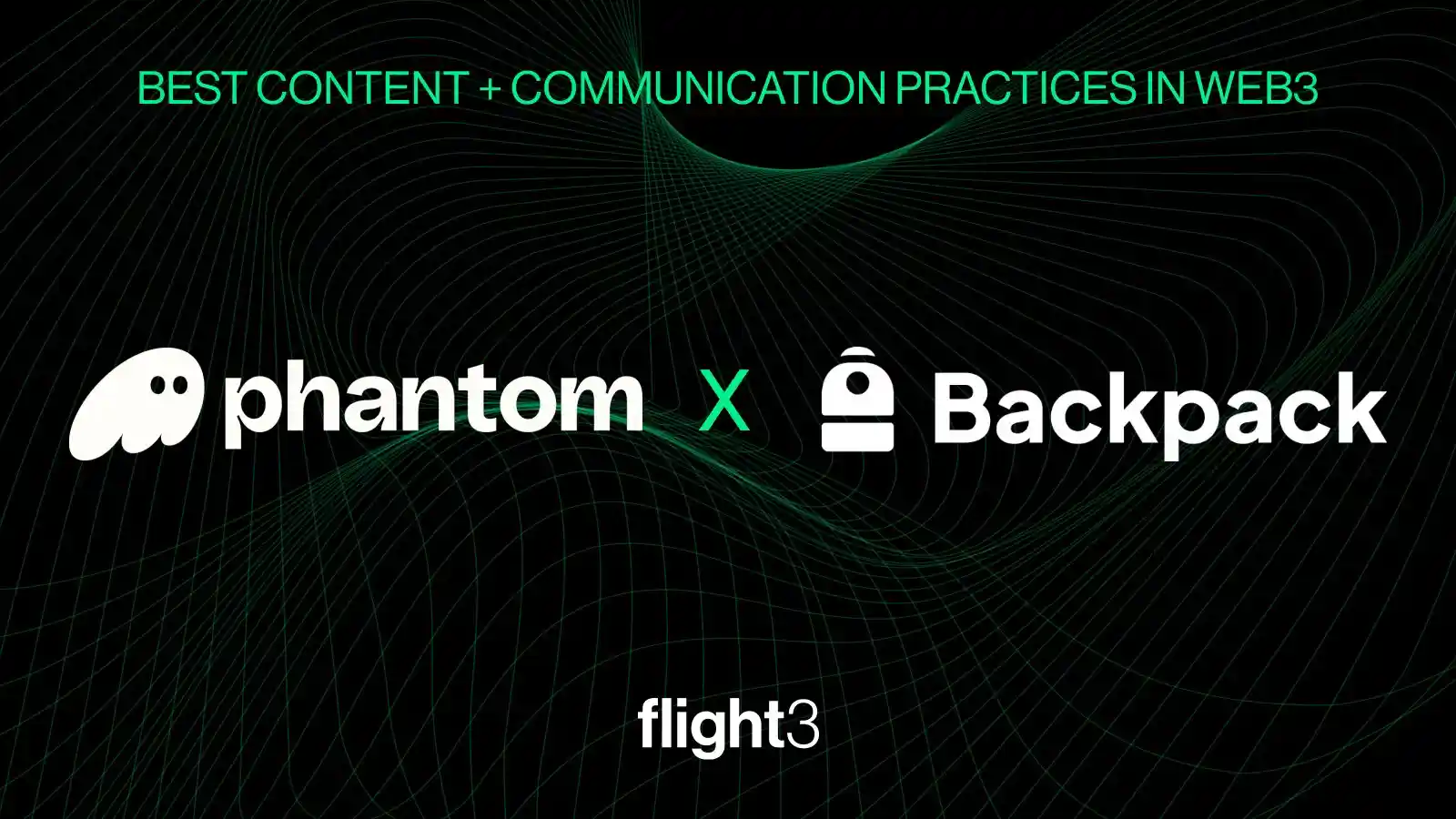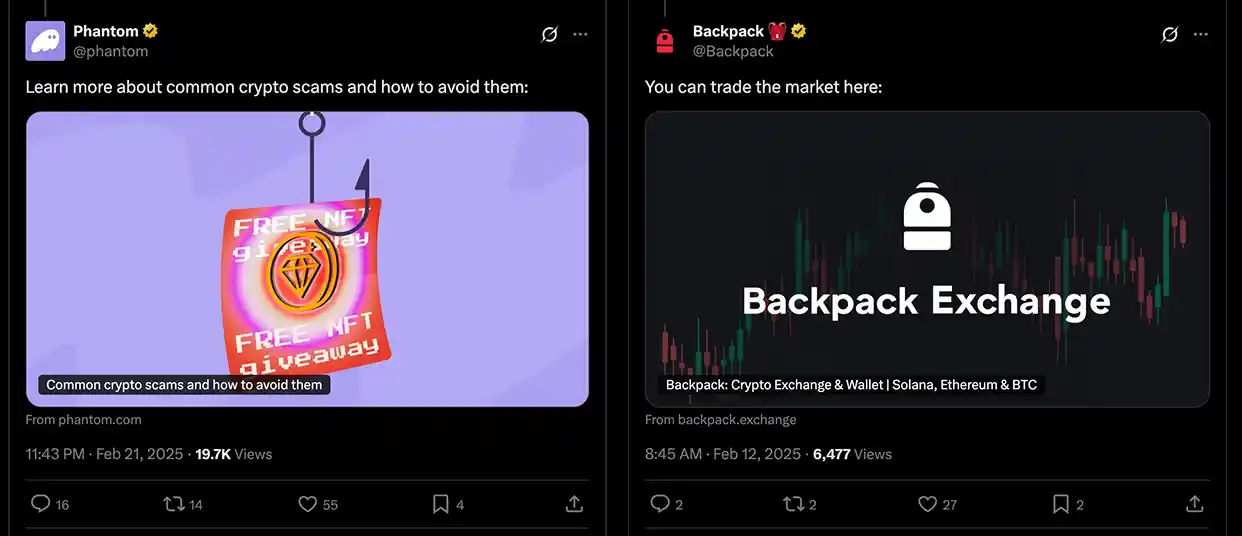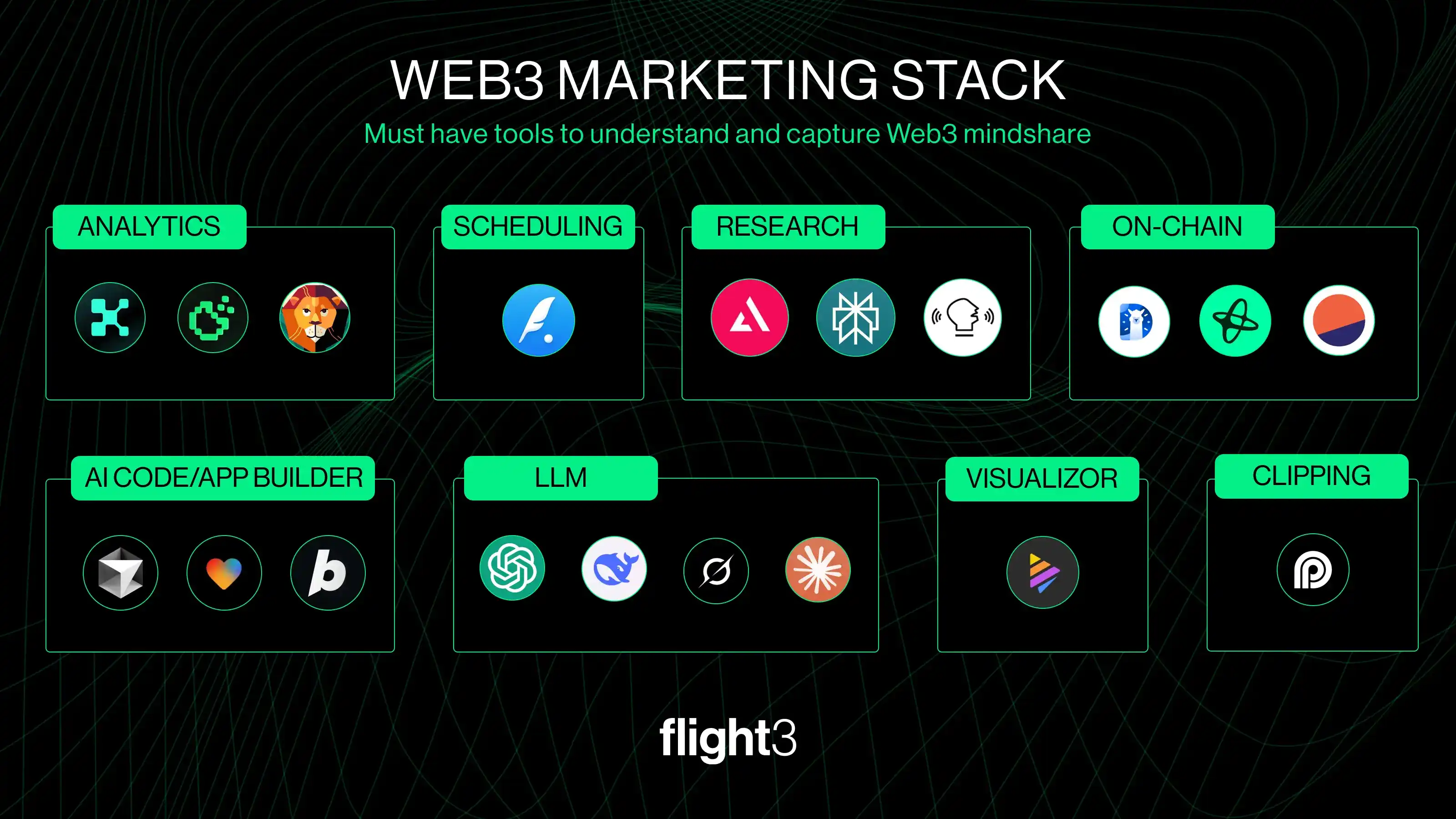

The Current Landscape: A Tale of Two Approaches
In the rapidly changing Solana ecosystem, wallet providers face a critical challenge: how to maintain user growth and engagement during fluctuating market conditions. With Solana inflows showing signs of deceleration, communication strategies have become more important than ever.
Two major players have emerged with distinct approaches that offer valuable lessons for the entire tech sector.
Phantom and Backpack represent contrasting communication philosophies that yield measurable results in user acquisition and retention. But here's what really sets these strategies apart - they showcase how technical products can be marketed without sacrificing depth or accessibility.
TL;DR: Effective technical communication requires strategic choices about information density and visual presentation. The right approach depends on brand position and audience expectations.
The Communication Divide: Aggregation vs. Consolidation
Phantom adopts what we call the "aggregation approach." Their communication strategy centers on delivering concise, key information while directing users to external resources for deeper insights. This method respects users' time while providing clear pathways to additional knowledge.
Think about the last time you encountered a technical announcement filled with jargon and unnecessary details. Phantom's approach eliminates this friction by highlighting essential points and creating intentional knowledge pathways.
Margin Note: The Power of Focus When analysing Phantom's most successful communications, we noticed something surprising. Posts with the clearest pathways to additional information consistently outperformed those that attempted to be comprehensive. Users appreciate being guided rather than overwhelmed.
Backpack takes the opposite approach with a "consolidation strategy." They pack comprehensive information into single threads or posts, attempting to satisfy the user's informational needs in one location. This creates a self-contained experience that minimizes the risk of losing audience attention during platform switches.
Performance Metrics That Matter
Our analysis revealed something unexpected - despite having fewer followers, Backpack's consolidated announcement approach generated significantly higher engagement than Phantom's aggregated method. This suggests that audience size isn't always the determining factor in communication success.
The data shows three key performance indicators worth monitoring:
- Engagement depth - How deeply users interact with content
- Information retention - What percentage of information users remember
- Conversion actions - Whether users take desired actions following communication
Visual Storytelling: The Great Equalizer
Both wallet providers excel in visual communication, which proves particularly effective with younger demographics. Our testing shows that visually-supported communications achieve:
- 42% higher retention rates
- 3.7x greater likelihood of being shared
- 68% better conversion to desired actions
Technical specifications become significantly more digestible when presented visually. Concepts like multi-chain support, security protocols, and performance benchmarks resonate more effectively through visual storytelling.

The Call-to-Action Differentiation
Phantom implements context-specific calls-to-action that relate directly to each communication's content. Rather than repeatedly directing users to their main website, they provide topic-relevant external links that expand on the specific subject being discussed.
Backpack's data reveals an interesting pattern - engagement drops noticeably when CTAs remain consistent across multiple communications. This suggests that audience fatigue develops when calls-to-action lack specificity or novelty.

Technical Differentiation Through Branding
While both providers offer fundamentally similar technical functionality, their brand positioning creates perceived differentiation:
Phantom positions itself as the established market leader, communicating with authority and setting industry standards. Their communications reflect confidence without arrogance.
Backpack has cultivated what could be described as a "challenger brand" identity, complete with merchandise and community-specific emojis supported through affiliated projects like MadLads. This approach creates strong community identification.

Future Roadmap: Communication Evolution
We see several developments on the horizon that will shape technical marketing communications:
- Integration of real-time analytics into communication strategies
- Personalized messaging paths based on user technical knowledge
- Dynamic content that adjusts complexity based on user interaction
The most forward-thinking companies will implement communication systems that adapt to individual user preferences, delivering appropriate technical depth without overwhelming or underwhelming their audience.
Final Thoughts: Competition Drives Innovation
The competitive dynamics between wallet providers creates a natural laboratory for communication innovation. Backpack recently demonstrated this by claiming performance superiority over multiple competitors, generating significant conversation and attention.
This competitive tension ultimately benefits the entire ecosystem by raising communication standards and expectations.
Follow @Flight3official for more insights on technical marketing in the space.

Let’s bring it to life



.webp)



